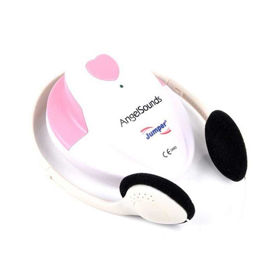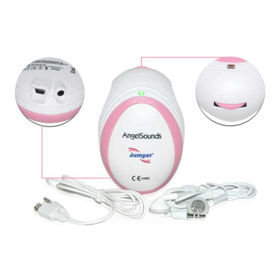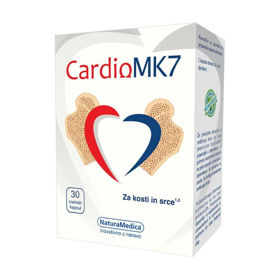Customer question:
How do you measure your heart rate correctly? Anonymous customer's question
Pharmacist's answer:
Measuring your heart rate is a simple procedure that you can do yourself.
Here are some steps to measure your heart rate correctly:
- Feel your pulse: first, find a place to feel your pulse. The most common places are the inside of the wrist, directly under the thumb, on the side of the neck, or under the jaw. If measuring on the wrist, use the index and middle fingers; if on the neck, use the index.
- Use the correct pressure: press your fingers correctly on the selected place. Do not press too hard, as this may reduce the sensitivity to feeling the pulse.
- Count the beats: count the beats for 15 seconds. Use a stopwatch to measure time accurately.
- Multiply the number of beats: multiply the result in 15 seconds by 4. This will give you the number of heartbeats per minute.
It is essential to measure your heart rate in a quiet environment and, if possible, always in the same place. Try taking your heart rate several times and at different times of the day to get a more accurate picture. Follow the manufacturer's instructions if you are using a smartwatch or other heart rate monitoring device. These devices can provide very accurate heart rate measurements. If you notice any abnormalities in your heartbeat or health concerns, consult your doctor.
What is an average heart rate?
Average heart rate can vary from person to person and depends on various factors, including age, gender, physical fitness, health, and other circumstances. Heart rate is usually measured in beats per minute (bpm).
Typical resting heart rate zones for different age groups:
- Newborns (0-1 month): 120-160 bpm
- Infants (1 month–1 year): 100–150 bpm
- Children (1-10 years): 70-130 bpm
- Adults (over ten years): 60-100 bpm
However, it is essential to note that these are only general guidelines, and individual differences are standard. Physical activity, emotional state, medication, stress, caffeine, and other factors can affect heart rate. For example, the heart rate may increase during exercise or feeling stressed, which is a normal body response to these factors.
Interesting reading: Normal heart rate
Interesting reading: Heart rate at rest













